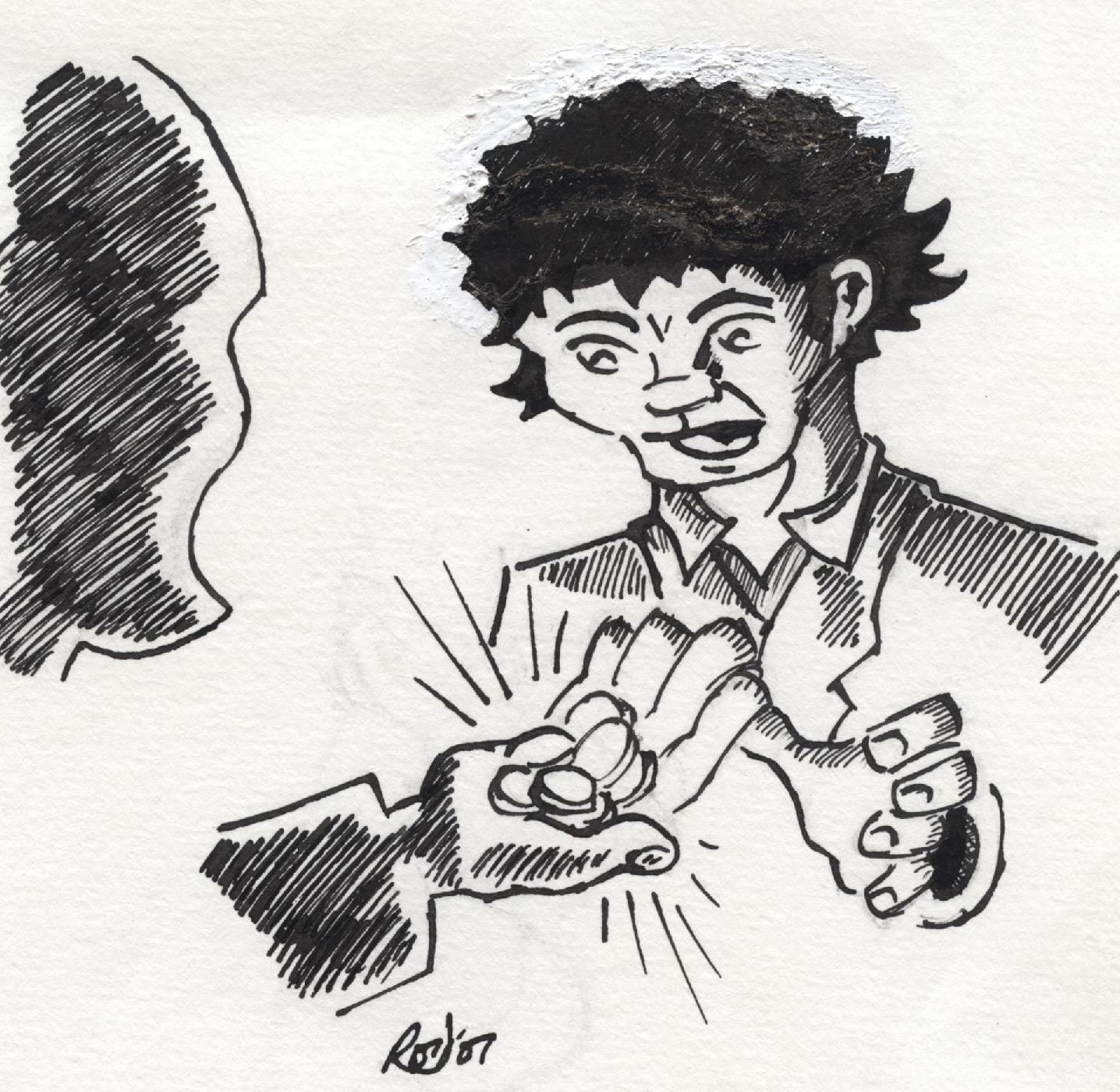This story would have probably been created in the eighteenth or nineteenth century. A very typical local hero story
In one of those entertaining legends so plentiful in the South and South West of Ireland, we have an amusing illustration of the firm belief of the people in O’Donoghue’s powers. It is a treasure legend, with the title of ‘Rent-day’, and the chieftain is introduced exercising his influence in the congenial task of alleviating distress, and preventing oppression. The hero of the tale is Bill Doody, the holder of a small farm in the fortunate district, which once acknowledged the prince’s rule.
His rent is due, he has not got the means of paying it because things have gone cross with him, and the driver has threatened to turn him out and take every h’perth he has, if he does not pay at the proper time. In deep despair, wondering what in the wide world is to become of Judy and the ‘grawls’ (children), Bill sits down on a rock near the Lake of Killarney, and pours forth his lamentations in a doleful strain; little thinking who was so near.
‘What’s the matter with you, my poor man’, said a fine-looking gentleman, tall and portly, stepping out of a furze-brake. Now Bill could see all over a large field; nothing was concealed from his view but this furze-brake, which was in a little hollow near the water’s edge. So he was rather surprised to see the gentleman, and began to wonder if he belonged to this world or not. However he soon mustered up courage enough to tell him how his crops had failed, how some bad member had charmed away his butter, and how Tim the Driver had told him he would turn him out of the farm, if he didn’t pay his rent by twelve o’clock next day.
‘A sad story, true’, said the stranger, ‘but if you told your case to the agent, he wouldn’t have the heart to turn you out’.
‘Heart! your Honour, where would an agent get a heart?’ said Bill. ‘Besides he has an eye on the farm a long time for a fosterer of his, and I expect no mercy at all at all, only to be turned out.’
 ‘Take this, my poor fellow, take this’, said the stranger, pouring a handful of gold coins in Bill’s old hat, which he had flung on the ground in his despair. ‘Pay your rent tomorrow, but I’ll take care it does the agent no good. There was a time when I would have strung such a fellow up in the twinkle of an eye.’
‘Take this, my poor fellow, take this’, said the stranger, pouring a handful of gold coins in Bill’s old hat, which he had flung on the ground in his despair. ‘Pay your rent tomorrow, but I’ll take care it does the agent no good. There was a time when I would have strung such a fellow up in the twinkle of an eye.’
Bill didn’t hear this last, for the sight of the gold had dazed him, and while he gazed fixedly at the hat and its burden, the gentleman disappeared. When Bill at last looked up to pour out his hundred thousand thanks, he saw no one.
He looked around for his benefactor, and at last he thought he saw him far away on the lake riding on a white horse. ‘O’Donoghue! O’Donoghue!’ shouted Bill, ‘the good, the blessed O’Donoghue!’ and he ran like a madman to show Judy the gold, and to rejoice her heart with the prospect of wealth and prosperity.
Next day Bill Doody went to pay the rent, and being mighty independent with the money in his possession, had a sharp skirmish with the agent about taking off his hat. The agent asking him if he knew he was speaking to a magistrate, and Bill saying ‘he knew he wasn’t speaking to the king’, and all the while keeping his hat firmly on his head as if he head been the lord of Kinsale himself. The agent, however, was very glad to get the gold, and having seen that it was alright, he handed back a receipt, with which Bill Doody strutted off ‘as proud as a cat of her whiskers’. Shortly afterwards, the agent going to his desk, found a lot of gingerbread cakes where he had left the gold, all of them stamped like guineas. He raved and swore, but to no purpose, for Bill Doody had the receipt in his pocket, so he saw there was no use in saying anything about the affair, as he would only get laughed at for his pains.
From that hour Bill Doody grew rich; all his undertakings prospered; and he often blessed the day he met with O’Donoghue, ‘the great prince that lives under the Lake of Killarney’.
